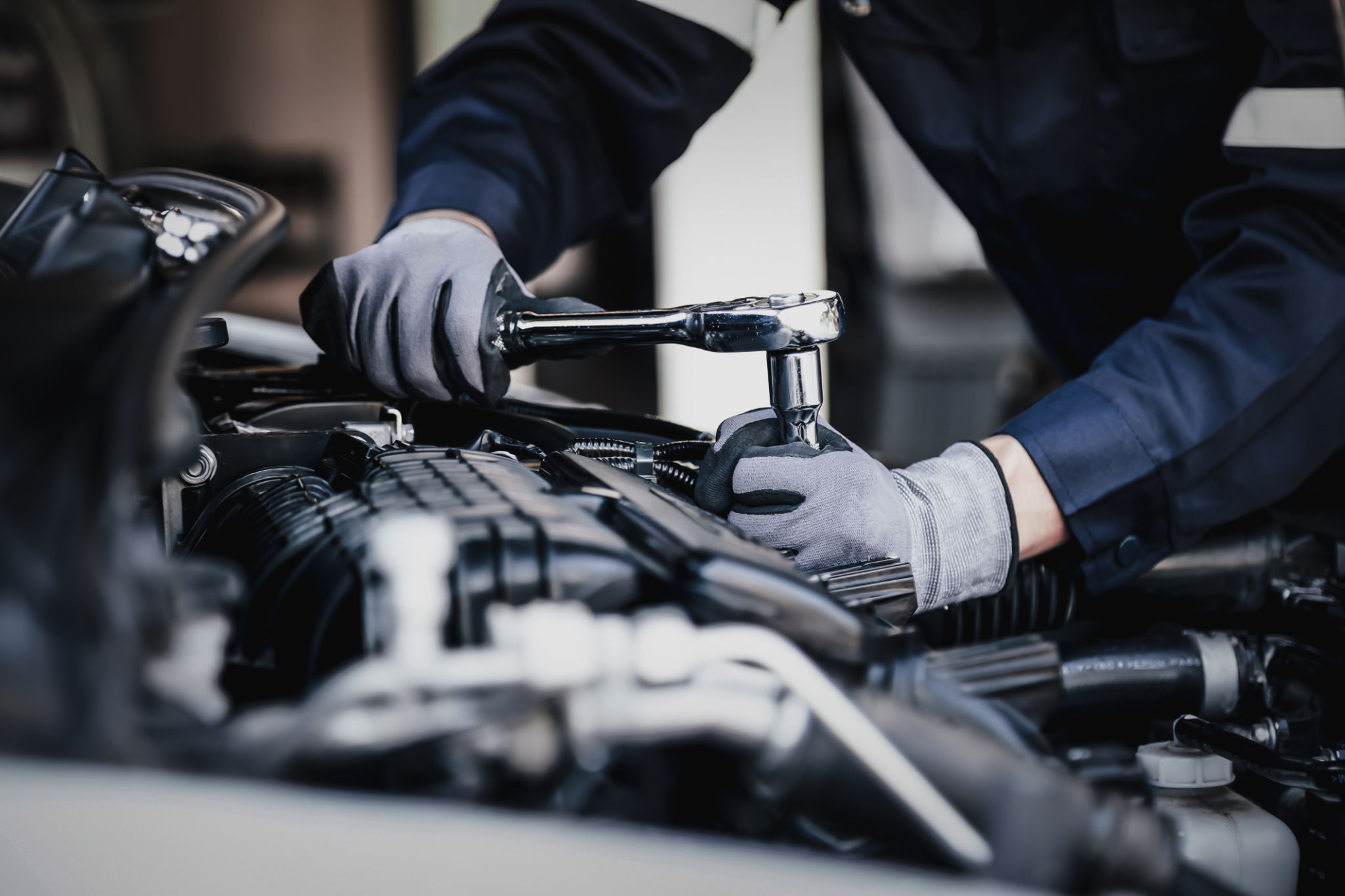Common Misconceptions About Collision Repair: What You Should Know
Understanding Collision Repair
When it comes to collision repair, many people find themselves navigating a sea of misconceptions. Whether it’s due to outdated advice or misunderstandings, these myths can lead to confusion and even costly mistakes. Let's debunk some of these common misconceptions and provide clarity on what you should truly know about collision repair.

Myth: Only Dealerships Can Perform Quality Repairs
One widespread belief is that only dealerships can provide high-quality collision repairs. While dealerships often have direct access to parts and manufacturer specifications, many independent repair shops are equally skilled. These shops often employ certified technicians who undergo rigorous training. As a result, they can deliver quality repairs that meet or exceed dealership standards.
Independent repair shops frequently offer competitive pricing and personalized customer service. They are also committed to maintaining their reputation in the community, which often results in superior customer satisfaction.
Myth: Your Insurance Covers Everything
Another common misconception is that your insurance will cover every aspect of collision repair. In reality, coverage can vary significantly based on your policy and the circumstances of the accident. It's crucial to review your insurance policy in detail to understand what is covered and what deductibles may apply.

Some policies may cover only specific types of damage or may require you to use certain repair shops. Understanding these details before an accident occurs can prevent unexpected expenses and delays in the repair process.
Myth: You Must Use Your Insurer's Preferred Shop
Many believe they must use a repair shop recommended by their insurer. However, as a policyholder, you have the right to choose where your vehicle is repaired. While insurers may suggest certain shops due to partnerships or convenience, you are not obligated to follow their recommendation.
Choosing a shop you trust ensures you receive the quality and service you expect. It's beneficial to research and select a reputable repair shop that aligns with your standards.

Myth: Aftermarket Parts Are Inferior
There is a prevalent notion that aftermarket parts are of lower quality than original equipment manufacturer (OEM) parts. While OEM parts are designed specifically for your vehicle, high-quality aftermarket parts can be just as reliable and offer cost savings. Many reputable manufacturers produce aftermarket parts that meet or exceed OEM specifications.
Discussing the options with your repair shop can help you make an informed decision about which parts are best suited for your needs and budget.
Myth: Repairs Will Devalue Your Car
Some vehicle owners fear that undergoing repairs will significantly reduce their car's value. While it's true that an accident history can affect resale value, quality repairs can restore the vehicle's condition effectively. If performed correctly by skilled technicians, repairs should not dramatically impact your vehicle's value.
Maintaining thorough records of all repairs and ensuring they are done by certified professionals can help maintain the integrity and value of your vehicle over time.
Conclusion
Understanding the realities of collision repair can empower you to make informed decisions following an accident. By dispelling these common misconceptions, you can navigate the repair process with confidence, ensuring your vehicle is restored safely and effectively. Remember, knowledge is key to managing the aftermath of any collision successfully.
